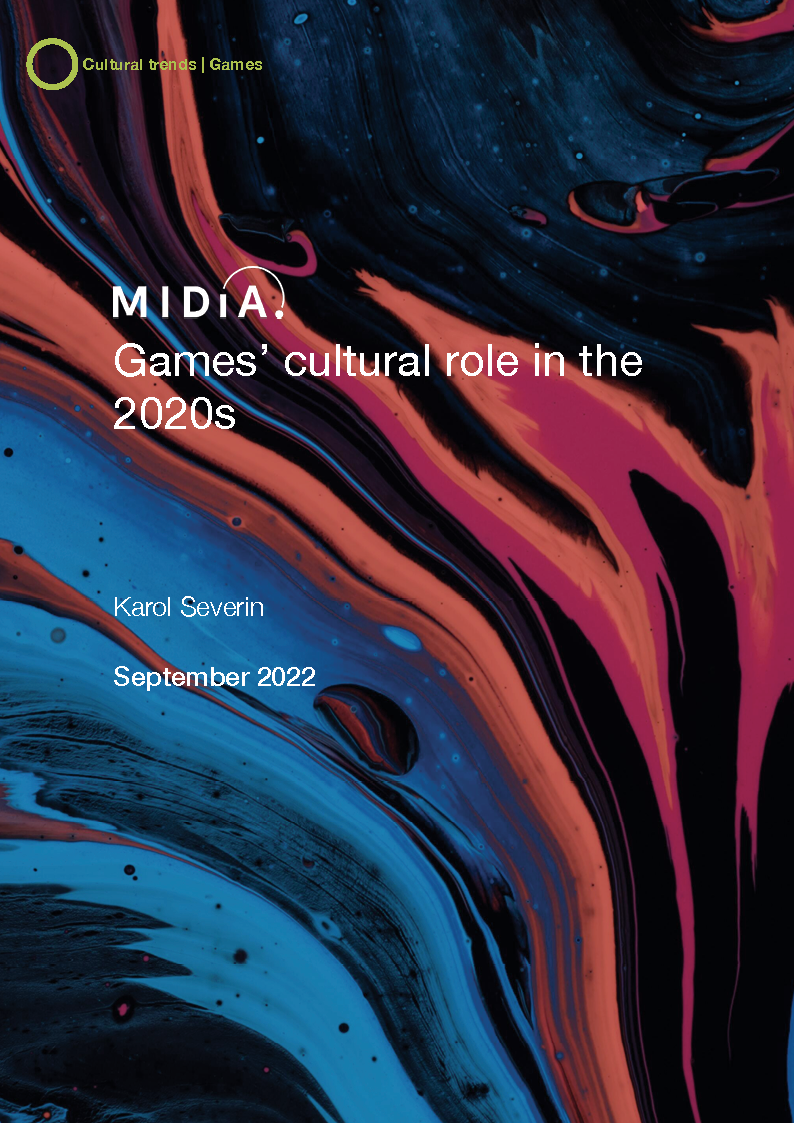
Karol Severin
Browse all of our reports, featuring our analysts' expert insights and analysis of audience segmentation, emerging trends and technologies, value chains, market shares, predictions and more – backed by our proprietary survey data and bespoke models & forecasts. Become a subscriber to get new ones every month, or just pick one to get started.

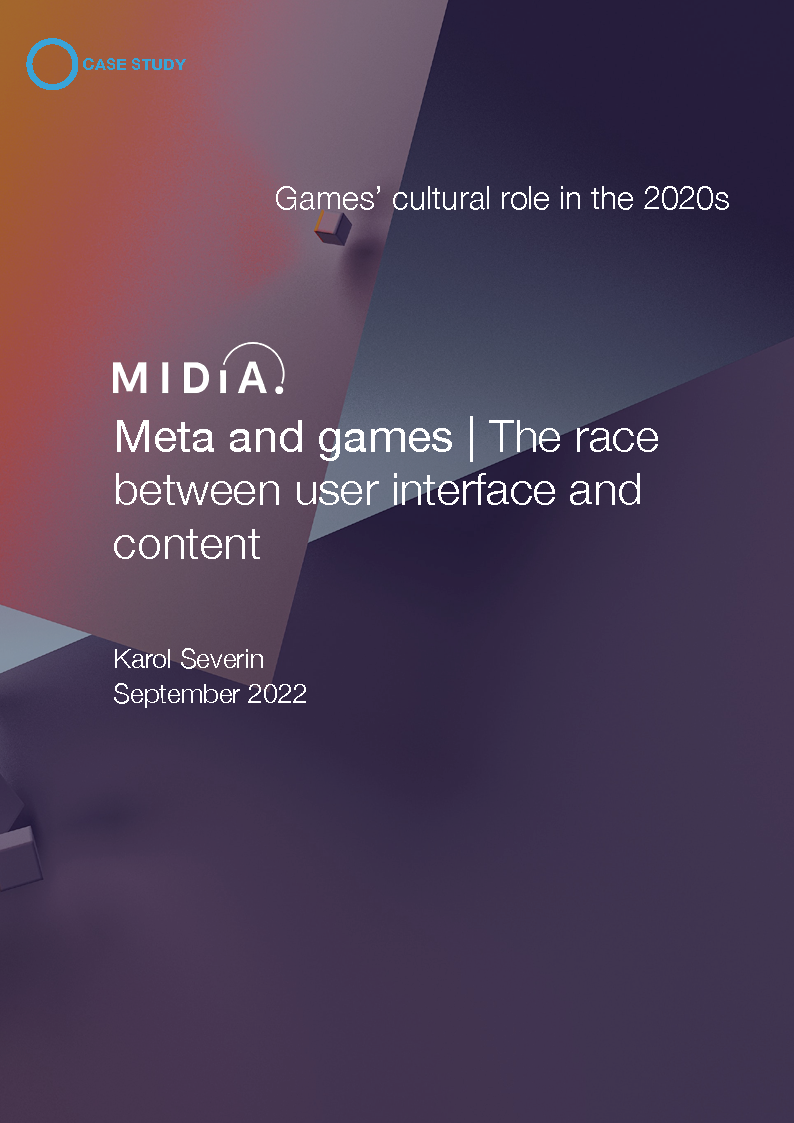
Meta and games The race between user interface and content
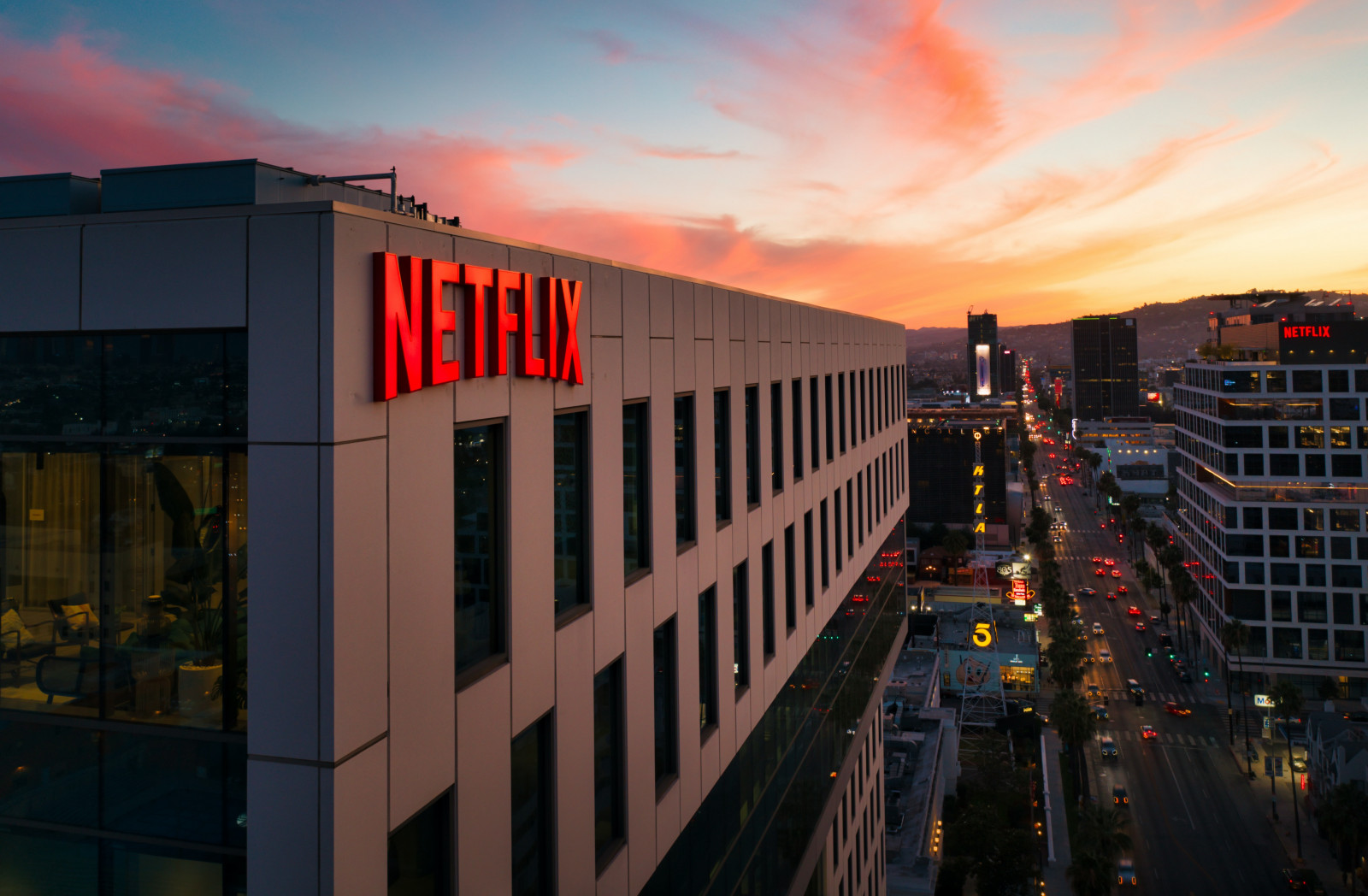
Quick take: Are Netflix’s games efforts still in line with the consumer needs of today?
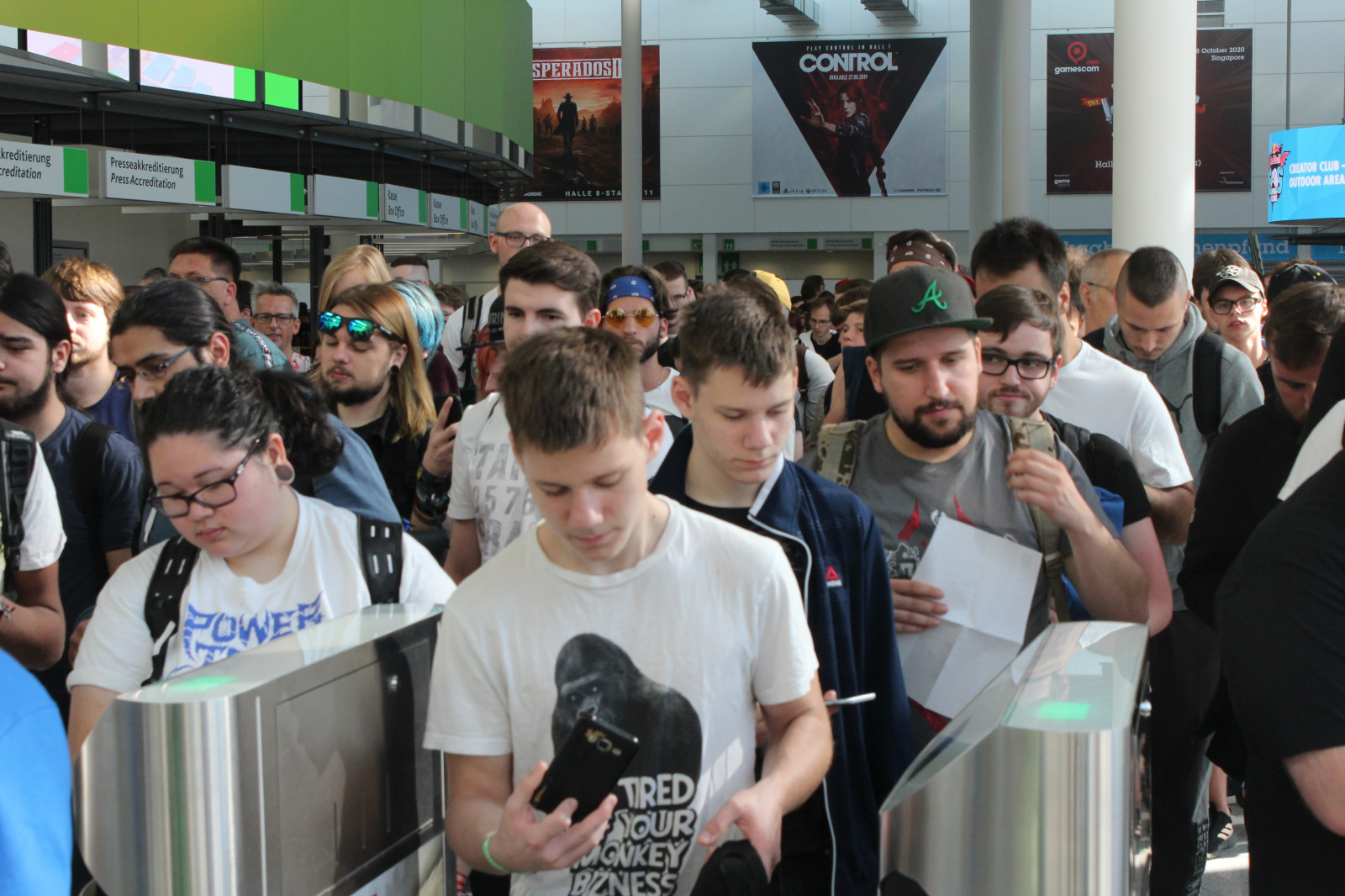
What Gamescom and PAX West tell us about games’ cultural relevance in the 2020s
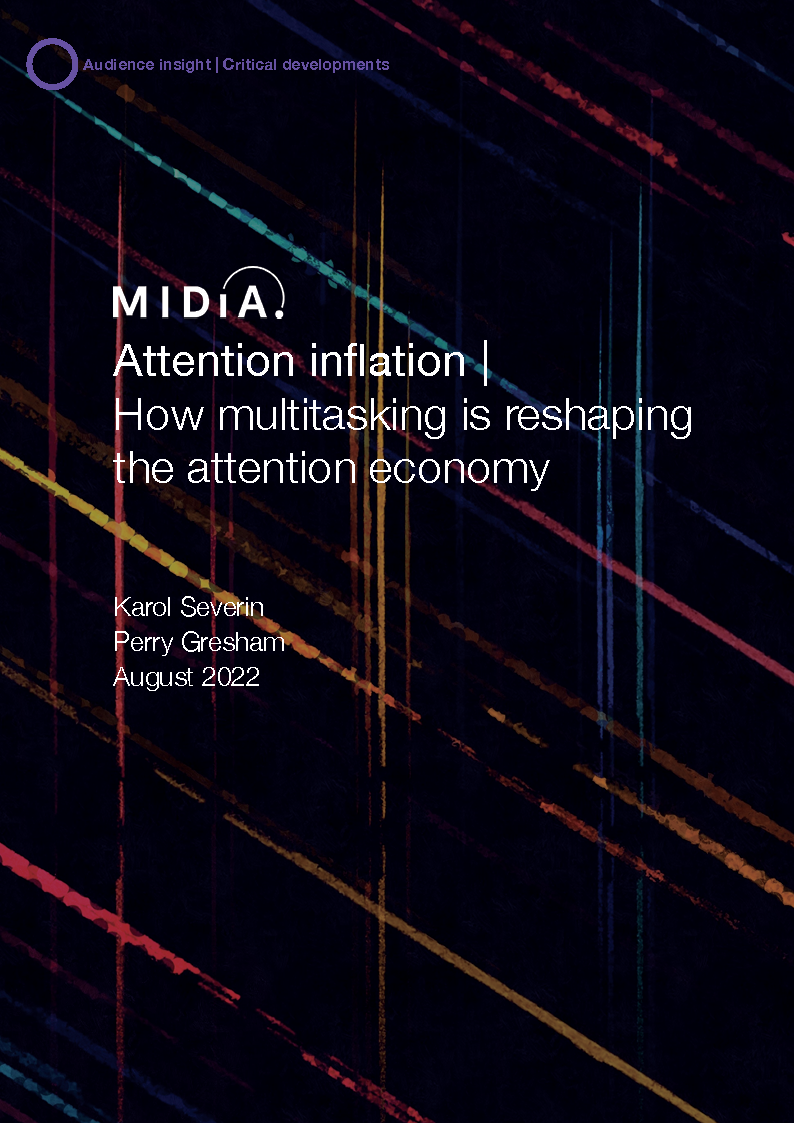
Attention inflation How multitasking is reshaping the attention economy
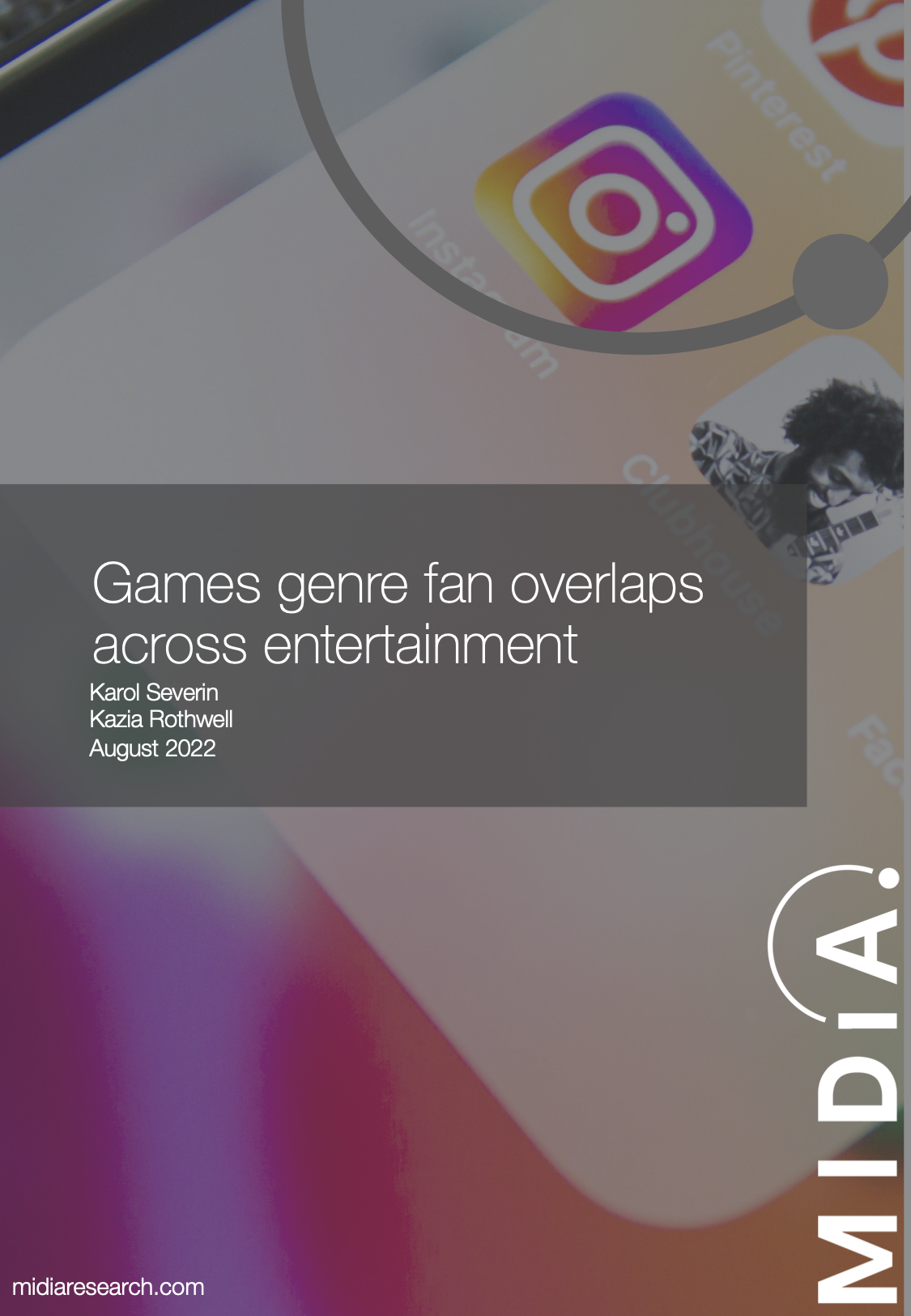
Games genre fan overlaps across entertainment

PlayStation and Xbox exchange PR blows amid the Activision deal approval process
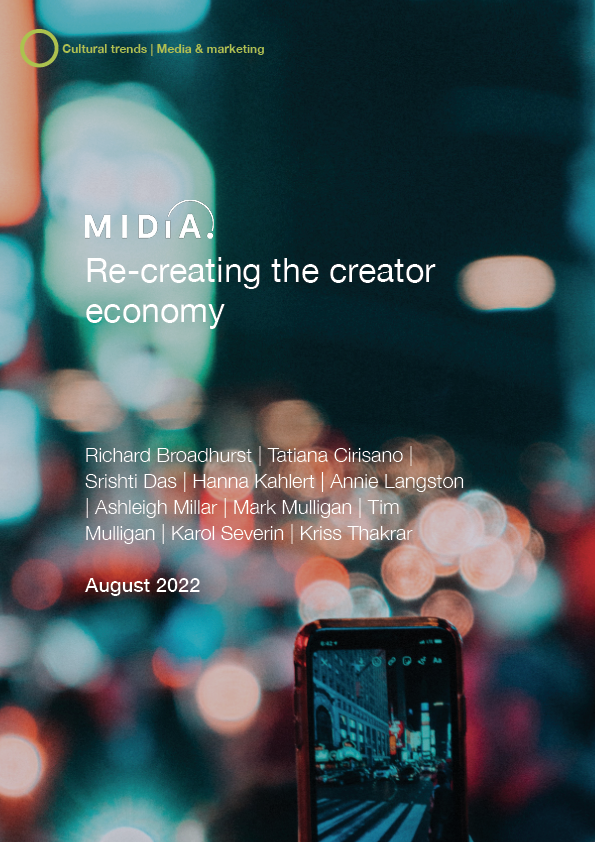
Re-creating the creator economy

Are ‘picture-perfect’ games marketing campaigns detrimental to building continued engagement?

Profiling smart-TV owning gamers

The average gamer plays more than one hour per day, as time spent takes centre stage

Samsung is becoming an important games distribution player, as the ‘gaming TV market’ comes to life

Games consumption Q1 2022 Time spent takes centre stage

Can Gamescom retain its appeal going forward?

Quick take: Why Xbox All Access could be the ultimate recession winner

Xbox to rid large games of a key competitive weapon
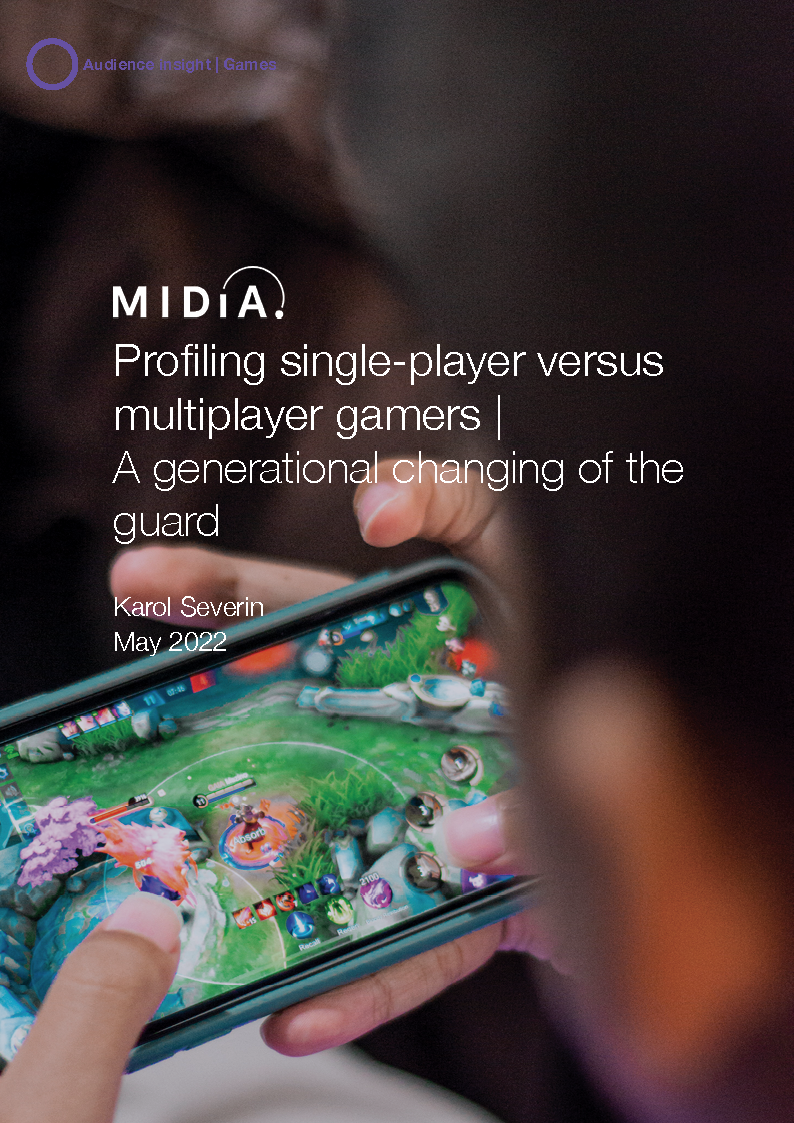
Profiling single-player versus multiplayer gamers A generational changing of the guard
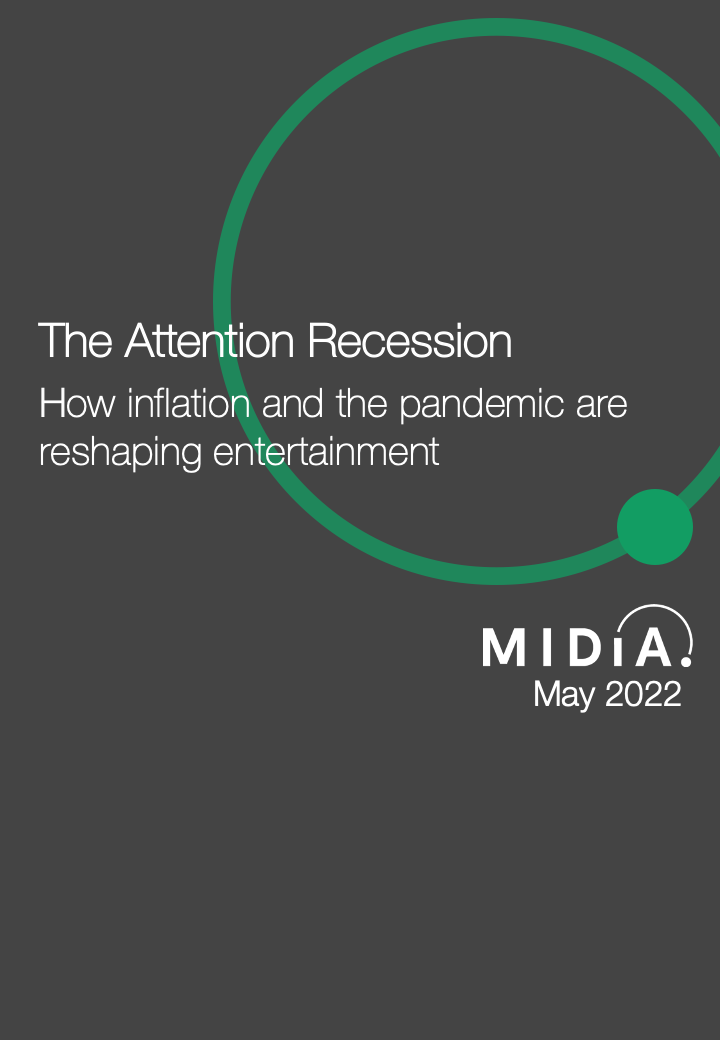
The Attention Recession How inflation and the pandemic are reshaping entertainment

Single player vs. multiplayer | A generational changing of the guards or a bifurcation of gamer behaviours?

